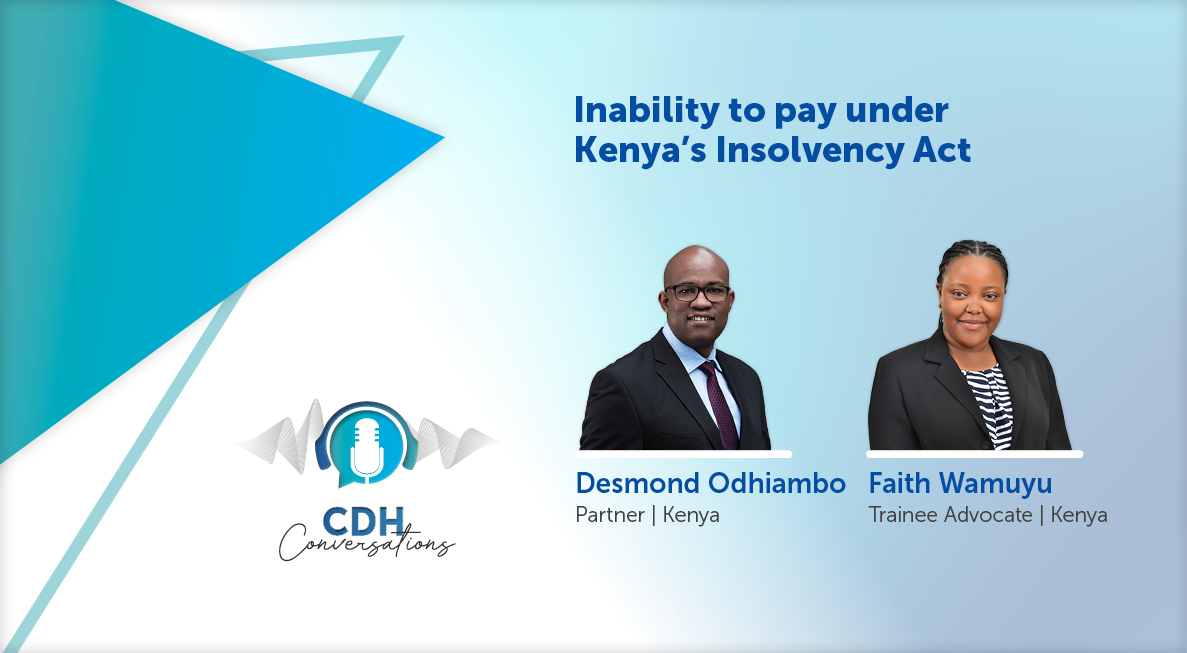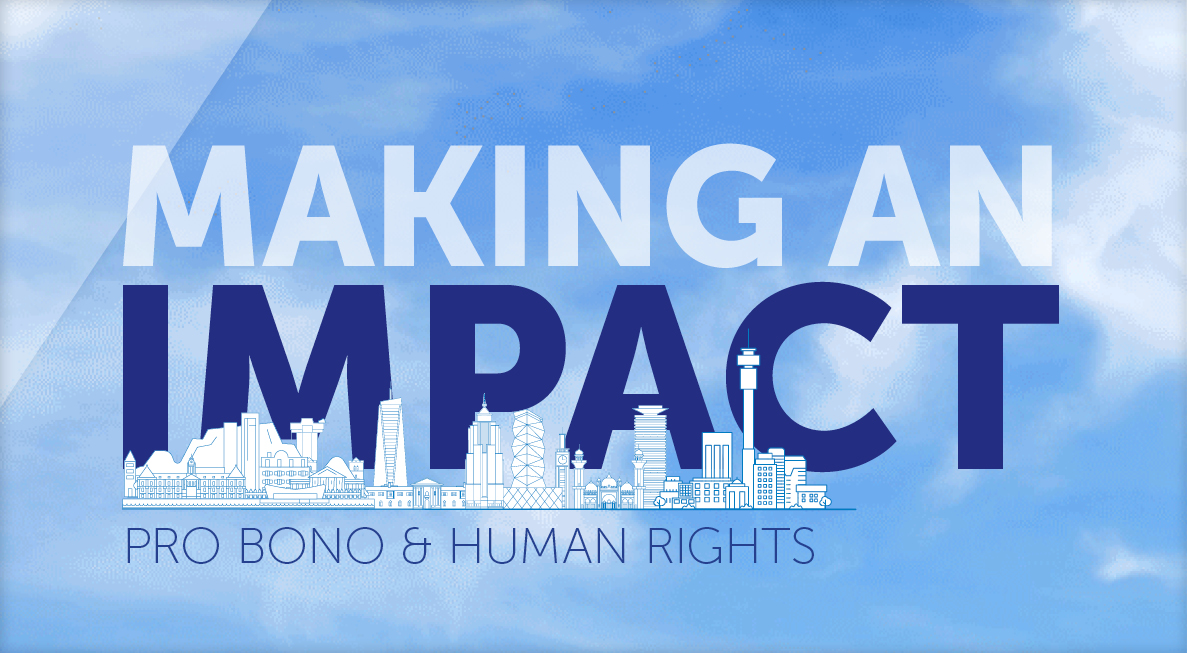COVID-19 Tourism Relief Fund: B-BBEE criteria validated by High Court
The challenge by the Applicants centred on the fact that the scoring criteria (which will be used to rank potential grant recipients) will include a component relating to the B-BBEE status of the potential grant recipient. This B-BBEE component will account for 20 out of a possible 100 points.
In support of her decision to administer the Tourism Fund in line with the objectives of economic transformation, the Minster relied on section 10 of the Broad-Based Black Economic Empowerment Act 53 of 2003 (BEE Act), the relevant portion of which provides as follows:
“Every organ of state and public entity must apply any relevant code of good practice issued in terms of this Act in … determining criteria for the awarding … grants … in support of broad-based black economic empowerment”.
The Minister argued that section 10 obliges her to apply the Codes of Good Practice (and therefore incorporate qualification criteria relating to B-BBEE status) as the Tourism Fund constitutes a “grant in support of broad-based black economic empowerment”.
The Applicants argued that the Tourism Fund does not in fact constitute a grant which will be used in support of broad-based black economic empowerment (which the Applicants contended is the only form of grant which section 10 aims to capture), but rather a grant aimed at providing financial relief in a time of crisis. Furthermore, the Applicants argued that the provisions of the Disaster Management Act 57 of 2002 (Disaster Management Act) may only be exercised to the extent necessary for limited purposes, which include “dealing with the destructive and other effects of the disaster”. Thus, in the view of the Applicants, no express provision is made for empowerment or transformation in the Disaster Management Act, and the Minister was not empowered by section 10 of the BEE Act to introduce conditions relating to empowerment.
On 30 April 2020, the North Gauteng High Court ruled that the requirements of the BEE Act justified the inclusion of empowerment-related criteria in the administration of the Tourism Fund. In ruling in favour of the Minister, Judge Jody Kollapen reasoned that the powers granted to the Minister under the Disaster Management Act must be interpreted in the context of the need for empowerment and transformation which are expressly recognised by the tourism sector (and that this constituted the requisite trigger for the furtherance of the Tourism BEE Sector Codes). In answering the legal question as to whether there was a rational connection between the objectives of the Tourism Fund’s eligibility criteria and the objectives of the government in dealing with both the effects of COVID-19 and the need to promote transformation (which is the test when interrogating whether executive action, such as the decision of the Minister at hand, complies with the requirements of the principle of legality) Judge Kollapen answered in the affirmative.
The judgement side steps the question whether section 10 of the BEE Act has application, and simply concludes that the Tourism Fund can support those affected by COVID-19 while at the same time pursuing empowerment. The language of section 10 seems to suggest that only when an organ of state determines qualification criteria for a grant in support of broad-based black economic empowerment (that is, a grant which is designed to support broad-based black economic empowerment), is such organ of state obliged to apply the relevant code of good practice. If it is accepted that the Tourism Fund is a grant designed to provide economic relief to those affected by COVID-19 (and not, in its essence, a grant in support of broad-based black economic empowerment), then it is arguable that section 10 would not apply to the Tourism Fund. If so, the broader questions of constitutionality and public policy would apply.
Solidarity has confirmed that it will ask the Constitutional Court to decide whether the granting of economic relief on the basis of race is constitutional.
This judgement (and of course the subsequent decision of the Constitutional Court if the matter progresses to that stage) is of particular importance given the substantial economic relief package announced by President Ramaphosa. If section 10 of the BEE Act indeed has application to funds such as the Tourism Fund created pursuant to the Disaster Management Act, then each other minister will be obliged to apply the relevant BEE codes of good practice when determining eligibility criteria for grants aimed at alleviating the economic effects of COVID-19.
The information and material published on this website is provided for general purposes only and does not constitute legal advice. We make every effort to ensure that the content is updated regularly and to offer the most current and accurate information. Please consult one of our lawyers on any specific legal problem or matter. We accept no responsibility for any loss or damage, whether direct or consequential, which may arise from reliance on the information contained in these pages. Please refer to our full terms and conditions. Copyright © 2026 Cliffe Dekker Hofmeyr. All rights reserved. For permission to reproduce an article or publication, please contact us cliffedekkerhofmeyr@cdhlegal.com.
Subscribe
We support our clients’ strategic and operational needs by offering innovative, integrated and high quality thought leadership. To stay up to date on the latest legal developments that may potentially impact your business, subscribe to our alerts, seminar and webinar invitations.
Subscribe




